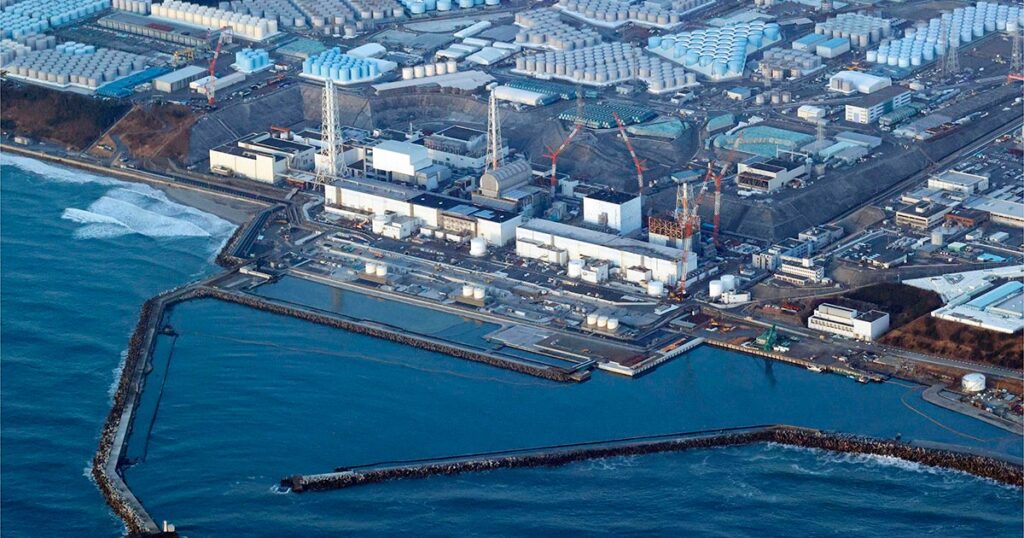
BREAKING: Japan has officially commenced the release of treated water from the Fukushima nuclear power plant into the Pacific Ocean, a decision that has sparked immediate backlash and widespread concern among local fishing communities. As of August 24, 2023, approximately 1.3 million tons of treated water are set to flow into the ocean, marking a pivotal moment in the ongoing response to the 2011 nuclear disaster.
Japanese fishing groups have raised urgent alarms, fearing that this controversial action could lead to an environmental disaster, jeopardizing marine life and public health. “We are extremely worried about the safety of our seafood and the impact on our livelihoods,” stated a representative from a local fishing cooperative.
The Tokyo Electric Power Company (TEPCO), responsible for managing the Fukushima site, insists that the water has been treated to remove most radioactive isotopes and meets international safety standards. However, skepticism remains high as fishing communities and environmental groups question the adequacy of these assurances.
The decision to begin this release comes after years of deliberation and protests from various stakeholders. The Japanese government argues that the release is necessary due to the lack of storage capacity at the plant, emphasizing that the water is safe for release. Nevertheless, both domestic and international reactions have been fierce, with many calling for a halt to the operation.
IMPACT: This development is particularly crucial for local fishermen, whose businesses depend on the safety and reputation of their catch. With global markets closely monitoring the situation, the repercussions could extend far beyond Japan’s shores, affecting seafood supply chains and consumer confidence.
The international community is watching closely, and environmental watchdogs are demanding transparency in the release process. The International Atomic Energy Agency (IAEA) has been involved, but local residents remain unconvinced about the safety measures in place.
NEXT STEPS: As the release begins, attention will shift to monitoring the environmental impact, with scientists and experts set to conduct thorough assessments of water quality and marine life health in the coming weeks. Local fishermen are preparing to take action, potentially staging protests to voice their concerns and demand more rigorous safety evaluations.
This situation is developing rapidly, and updates are expected as both local and international authorities respond to these pressing concerns. Stay tuned for more urgent news on this critical environmental issue.







